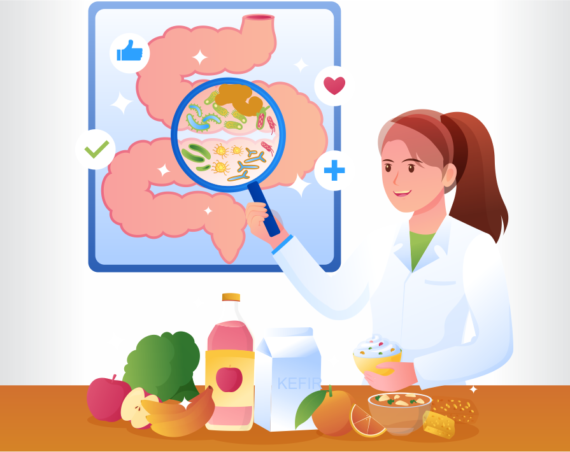TV commercials and social media ads on healthcare have long-lasting impacts on humans. The same is true with probiotics. Ads promoting the consumption of probiotics to bring about quick immunity had many takers. With their easy availability, probiotics became an instant hit among many.
According to Grand View Research, the global probiotics
market size was $77.12 billion in 2022. The segment will likely grow at a
compound annual growth rate of 14 percent from 2023 to 2030.
In 1905, Bulgarian physician and microbiologist Stamen
Grigorov discovered probiotics. The word probiotic comes from a Latin word
meaning ‘for life.’
So, what are these probiotics, and how do they help us?
The good part
Probiotics are live microorganisms in the form of
bacteria and yeast. It helps the body fight off harmful organisms found in the
body. Probiotics have beneficial microbes. It adds to the already present
microbes to bring good immunity to the body. Consuming probiotics in the form of
supplements helps to improve the gut system. These are available in the form of
various foods, such as fruits.
Probiotics actively prevent dysbiosis, an imbalance of
different forms of microorganisms in the body.
Consuming probiotics can help to prevent diarrhea and
other stomach-related infections. It controls mental health conditions like
anxiety, depression, autism, etc.
It also helps to boost mood and cognitive functions.
Besides, it controls bad cholesterol and blood pressure.
Types
There are various forms of probiotics, and they have
different roles to play. Probiotics are usually consumed as oral supplements.
Some probiotics boost the production of peptides, collagen, and ceramides. They
also help overcome eczema and other skin diseases. Bananas, custard apples,
watermelon, grapefruit, almonds, etc., have a high probiotic content.
Fermented foods often contain probiotics. Yogurt,
pickles, Kimchi, cheese, etc., contain good probiotics. These probiotic
products contain the genus Lactobacillus, Bifidobacterium, Bacillus, or
Saccharomyces boulardii.
Side effects
The body has the power to build its immunity. Anything
consumed as a supplement can be detrimental to health. The same goes for
probiotics, which can create complications if not taken under a doctor’s
recommendation.
There are temporary side effects associated with it.
These can range from headaches to bloating, digestive issues, and acne.
Consuming more than enough probiotics may lead to health
complications.
People with immunity issues should refrain from consuming
probiotics.
Shaping the future
Long-term use of probiotics can hurt the immune system.
It may lead to the unfolding of diseases in the long run. The effectiveness
remains on the use of probiotics and in what proportions.
A doctor’s advice on whether probiotics should be
consumed as supplements is essential. It is also a good idea to have them in
their natural form, such as in yogurts, fruits, etc.
Probiotics may be a good alternative medicine for patients. More research on their benefits is necessary.





